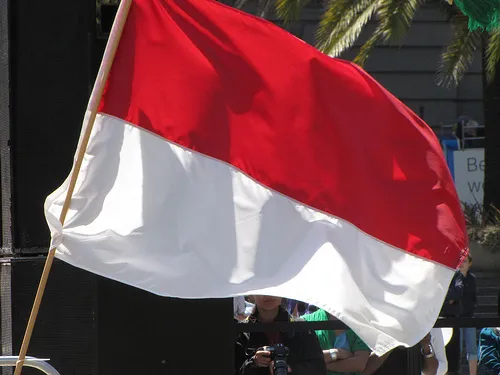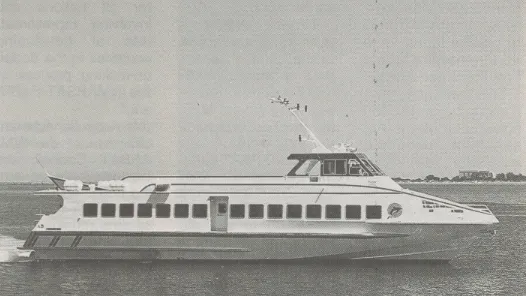
Indonesia's trade balance to stay in the red
Export growth could slip 3%.
According to DBS, commodity prices will be the key determinant behind an improvement in the trade deficit.
Over the past several quarters, the global economy dealt with a slowdown in Chinese growth and an intensification of the Eurozone crisis.
Unsurprisingly, this has translated into depressed commodity prices. In particular, both coal and palm oil prices were hit hard. However, a bottom appears to have been traced and both coal and palm oil prices registered modest bounces over the last 2-3 months.
Here's more from DBS:
Further improvements in external demand and a recovery in commodity prices will be critical towards reducing the trade deficit. An unevenrecovery in the trade balance on the back of moderately higher commodity prices and slowing import growth is our core scenario in the coming quarters.
In the immediate term, however, the trade balance is likely to stay in negative territory. We are projecting December export and import growth (due today) of -3.0% YoY and 0.7% YoY respectively.
Inflation has been low for the most part of 2012 but price pressures are starting to mount. The January headline CPI number (due today) will reflect sharply higher minimum wages that were implemented this year and some transitory impact on prices due to serious flooding across parts of Java.
Headline CPI is expected to reach 4.3% YoY. For the medium term, there are considerable upside risks to inflation.
Firstly, the rupiah has been on a weakening trajectory for several quarters and imported inflation is likely to feed through. Secondly, deviations on budget assumptions on subsidized fuel bear watching.
A large upside surprise for oil prices will prompt an adjustment through a fuel price hike, pushing headline inflation sharply higher.








![Cross Domain [Manu + SBR + ABF + ABR + FMCG + HBR + ]](https://cmg-qa.s3.ap-southeast-1.amazonaws.com/s3fs-public/styles/exclusive_featured_article/public/2025-01/earth-3537401_1920_4.jpg.webp?itok=WaRpTJwE)









 Advertise
Advertise


